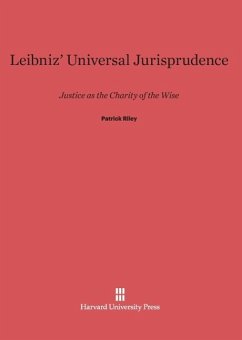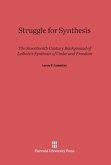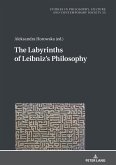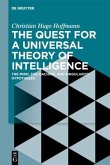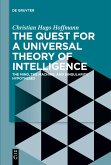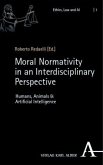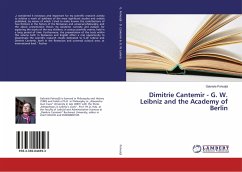Although Leibniz is universally regarded as the greatest German philosopher before Kant, his work as a political and moral philosopher is almost entirely neglected in the English-speaking world, where he is seen chiefly as a metaphysician, mathematical logician, and co-discoverer of calculus. Yet Leibniz' doctoral degree was in law and jurisprudence, and he served throughout his life as a judge and a diplomat; he was a valued political--legal adviser to Czar Peter the Great, to the King of Prussia in Berlin, and to the Holy Roman Emperor in Vienna. Patrick Riley recovers this crucial part of Leibniz' thought and activity.
For the first time--as we celebrate the 350th anniversary of Leibniz' birth--his political, moral, and legal thought are extensively discussed here in English. The text includes fragments of his work that have never before been translated. Riley shows that "justice as wise charity" has at least as much claim to be taken seriously as the familiar contractarian ideas of Hobbes and Locke. Since Leibniz was the greatest Platonist of early modernity, Riley argues, his version of Platonic idealism serves as the bridge from Plato himself to the greatest modern "critical" idealist, Kant. With Leibniz' Universal Jurisprudence we now have a fuller picture of one of the greatest general thinkers of the seventeenth century.
For the first time--as we celebrate the 350th anniversary of Leibniz' birth--his political, moral, and legal thought are extensively discussed here in English. The text includes fragments of his work that have never before been translated. Riley shows that "justice as wise charity" has at least as much claim to be taken seriously as the familiar contractarian ideas of Hobbes and Locke. Since Leibniz was the greatest Platonist of early modernity, Riley argues, his version of Platonic idealism serves as the bridge from Plato himself to the greatest modern "critical" idealist, Kant. With Leibniz' Universal Jurisprudence we now have a fuller picture of one of the greatest general thinkers of the seventeenth century.
This book fills an embarrassingly long-standing lacuna in the research of those political philosophers and historians of political thought who write in the English language. One cannot imagine a more neglected and yet formidable political thinker than Leibniz. Riley's painstaking and authoritative book is written in a lucid and accessible style, sprinkled here and there with flashes of wit, philosophically sophisticated and historically learned. The scholarship Riley displays is truly impressive. At home when citing the Bible or Roman law, Riley is even more at ease when discussing Plato, Augustine, Malebranche, Fénelon, Bossuet, Descartes, Pascal, Arnauld, Hobbes, Spinoza, and Bayle, not to mention passing references to Grotius, Machiavelli, and Shakespeare. Even when retelling an old story, such as the quarrel between Fénelon and Bossuet, Riley sets forth a fresh presentation and adds a thoughtful account of the response of Leibniz. Riley has all the necessary learning. His account is richly textured, comprehensive, grounded in many years of research, but never pedantic. He knows every tree and yet sees the forest.
There is no other treatment of these topics in English that is anywhere near as detailed and as comprehensive."
Leibniz' Universal Jurisprudence is brimming with erudition acquired during decades of scholarship. Serious students of Leibniz' thought will surely have a great deal to learn from this book...it is a much needed work.
Patrick Riley's book is an attempt to recapture the sweeping and daring of the moral, political and theological thinking of one of the cleverest and most ambitious of all philosophers. He brings to this venture an impressive scholarly knowledge of the philosophical life of France and Germany in the late seventeenth and eighteenth centuries, and a disarmingly exuberant enthusiasm for his author.
There is no other treatment of these topics in English that is anywhere near as detailed and as comprehensive."
Leibniz' Universal Jurisprudence is brimming with erudition acquired during decades of scholarship. Serious students of Leibniz' thought will surely have a great deal to learn from this book...it is a much needed work.
Patrick Riley's book is an attempt to recapture the sweeping and daring of the moral, political and theological thinking of one of the cleverest and most ambitious of all philosophers. He brings to this venture an impressive scholarly knowledge of the philosophical life of France and Germany in the late seventeenth and eighteenth centuries, and a disarmingly exuberant enthusiasm for his author.

